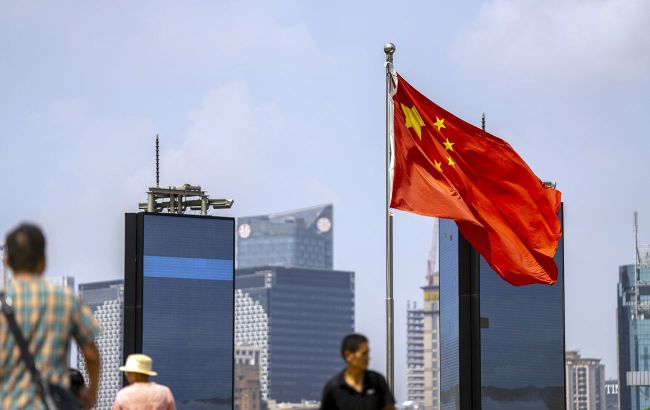US and China may resume talks after tariff wars

Beijing officially confirms the possibility of resuming trade dialogue with the US and hints at willingness to negotiate for the first time since tariff escalation, Bloomberg reports.
China's Ministry of Commerce confirmed that Beijing is considering the possibility of resuming trade talks with the United States after repeated signals from Washington expressing readiness for dialogue.
The statement released on Friday marked the first sign of potentially resuming bilateral contact after President Donald Trump imposed new tariff restrictions in April.
As noted by the Ministry, the United States recently submitted a request to China through appropriate channels to initiate negotiations. Beijing is currently assessing this initiative, while also urging Washington to show "sincerity" in its actions.
Market reaction and momentum for talks
The news had a positive impact on market indicators: S&P 500 index futures recovered earlier losses in Asia, and regional stock markets showed growth.
The Hang Seng China Enterprises Index rose more than 1%, while mainland markets remained closed due to a public holiday. The offshore yuan strengthened by 0.3% to 7.2566 per US dollar, and the Australian dollar - which is often viewed as a proxy for the Chinese economy - continued to strengthen as well.
Beijing's statement came amid rising trade tensions between the world’s two largest economies, which escalated after the US raised tariffs to historically high levels. China responded with mirror restrictions. President Trump has repeatedly stated that the initiative for negotiations must come from Chinese leader Xi Jinping. This week, US Treasury Secretary Scott Bessent emphasized that the first step toward de-escalation must be taken by Beijing.
The situation, against the backdrop of economic slowdowns in both countries, could provide new momentum for the negotiation process. In the US, economic activity has declined due to a sharp increase in imports ahead of the tariff implementation, which has impacted financial markets and lowered consumer confidence. In China, manufacturing activity indexes recorded their worst performance since December 2023, and new export orders fell to their lowest level since December 2022.
At the same time, according to Chinese sources, Beijing is awaiting the appointment of a contact person from the US side who has President Trump's trust and can facilitate a deal that might be signed by the leaders of both countries at a corresponding summit.
Meanwhile, Bloomberg notes that amid active engagement between the US and other regional players - such as India and Japan - who are seeking their own cooperation formats with Washington, China risks becoming isolated if it does not step up its dialogue.
Rubio factor
Alongside economic matters, the Trump administration announced new personnel changes. US Secretary of State Marco Rubio, who is under Chinese sanctions, has been appointed as interim National Security Advisor while retaining his current position. Current National Security Advisor Michael Waltz will become the next US Ambassador to the United Nations. This move will likely strengthen Rubio's role in discussions of issues strategically important to China, including the situation around Taiwan and regional security in the South China Sea.
In an interview with Fox News, Rubio stated that China seeks to reach a short-term agreement with the US, acknowledging the negative impact of tariffs on its own economy.
In its official statement, China’s Ministry of Commerce stressed its readiness for dialogue, provided that the United States demonstrates genuine interest and lifts unilateral restrictions.
"If we fight, we will fight to the end; if we talk, the door is open," Beijing stated.
Trump's tariff war
On April 2, the US President imposed customs tariffs on imports from over 180 countries worldwide. The rates ranged from 10% to 49%, depending on the country and specific groups of goods and raw materials.
However, on April 9, Trump suspended the tariffs for 90 days and introduced a unified customs rate of 10% for all countries. China was the only exception - Trump raised tariffs on imports from China to 145%, and Beijing responded with a 125% tariff on imports from the US.
Within 90 days, Washington aims to sign individual agreements with each country to lift the tariffs. So far, 130 countries have approached the U.S. with proposals for such negotiations, and a "nascent dialogue" has begun with China.
At the same time, according to Trump, tariffs on Chinese goods will "come down substantially," but they will not be canceled completely.

